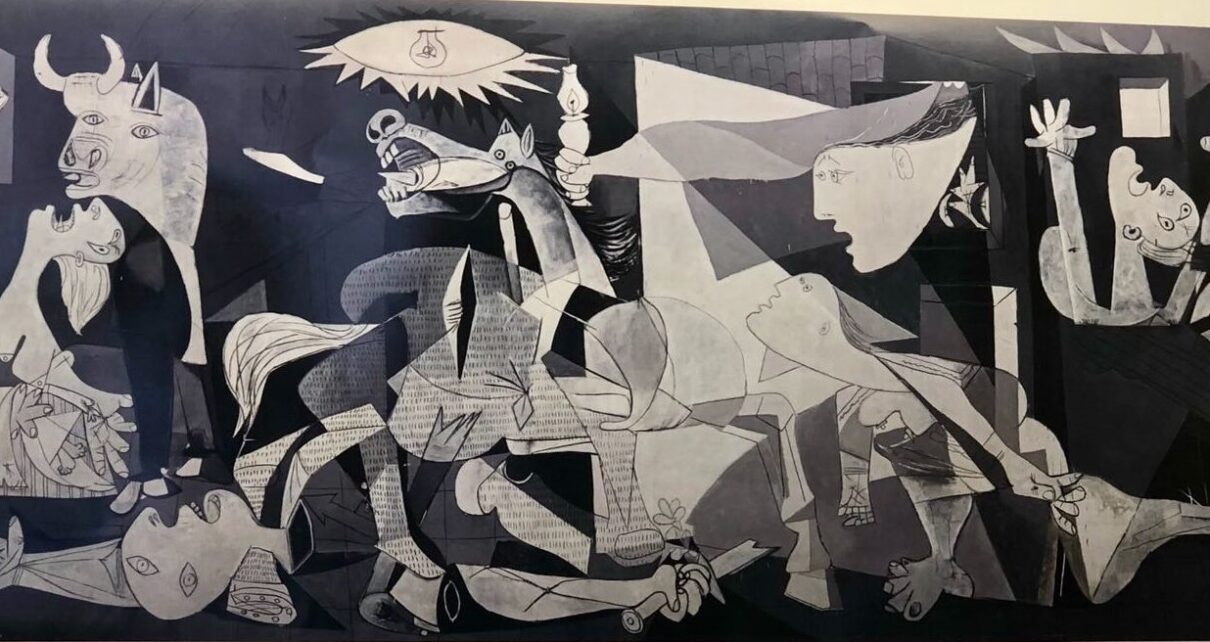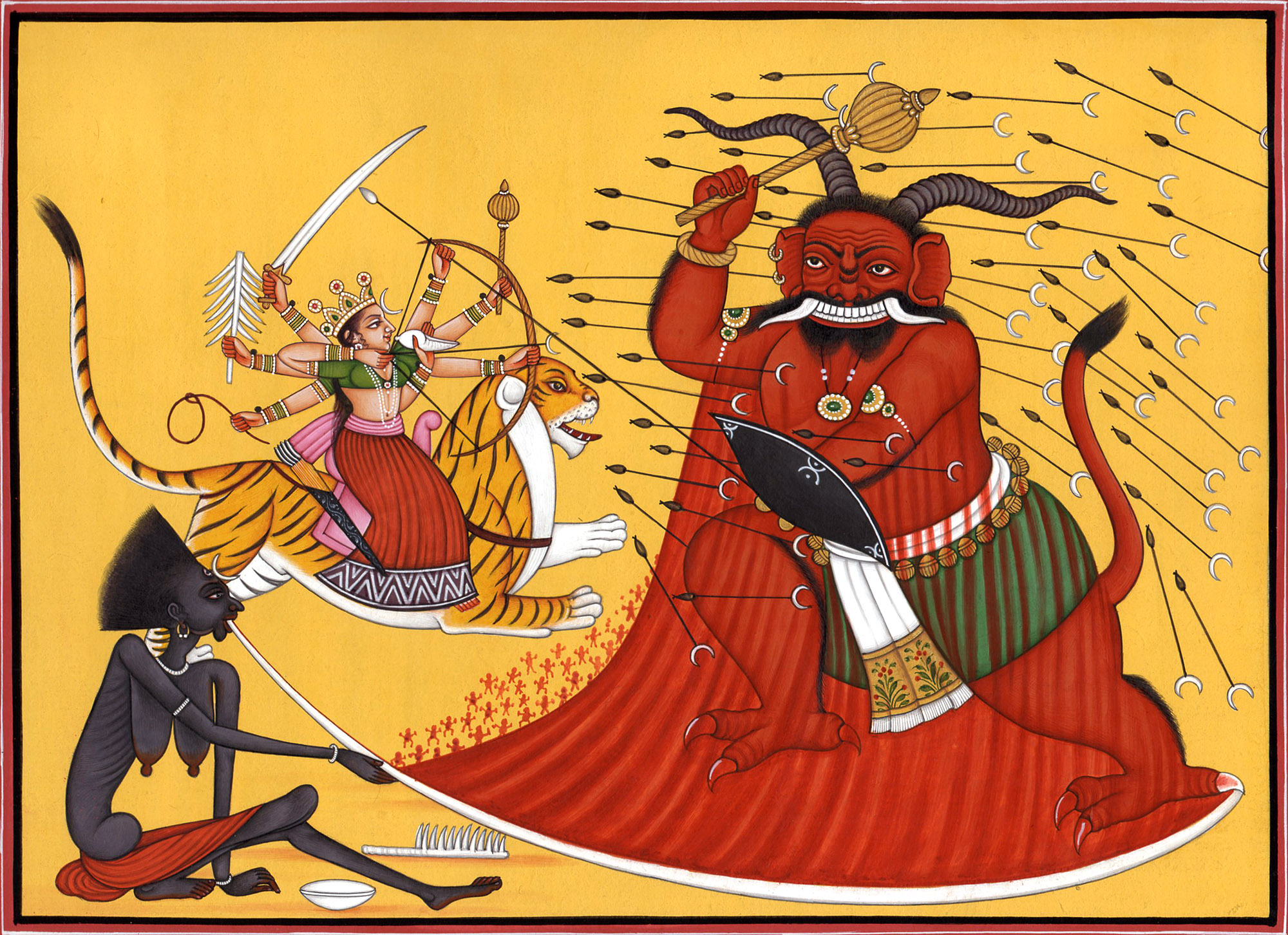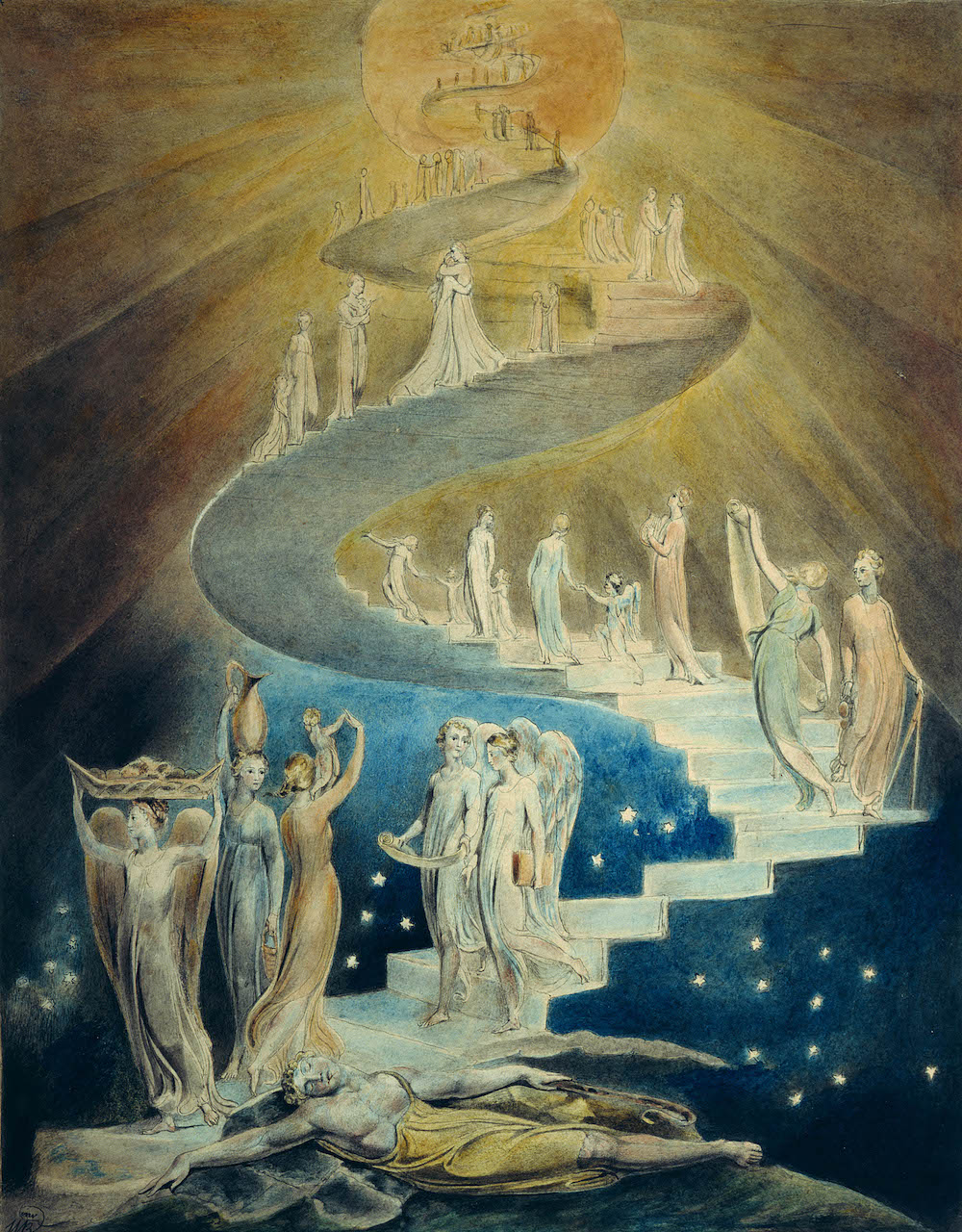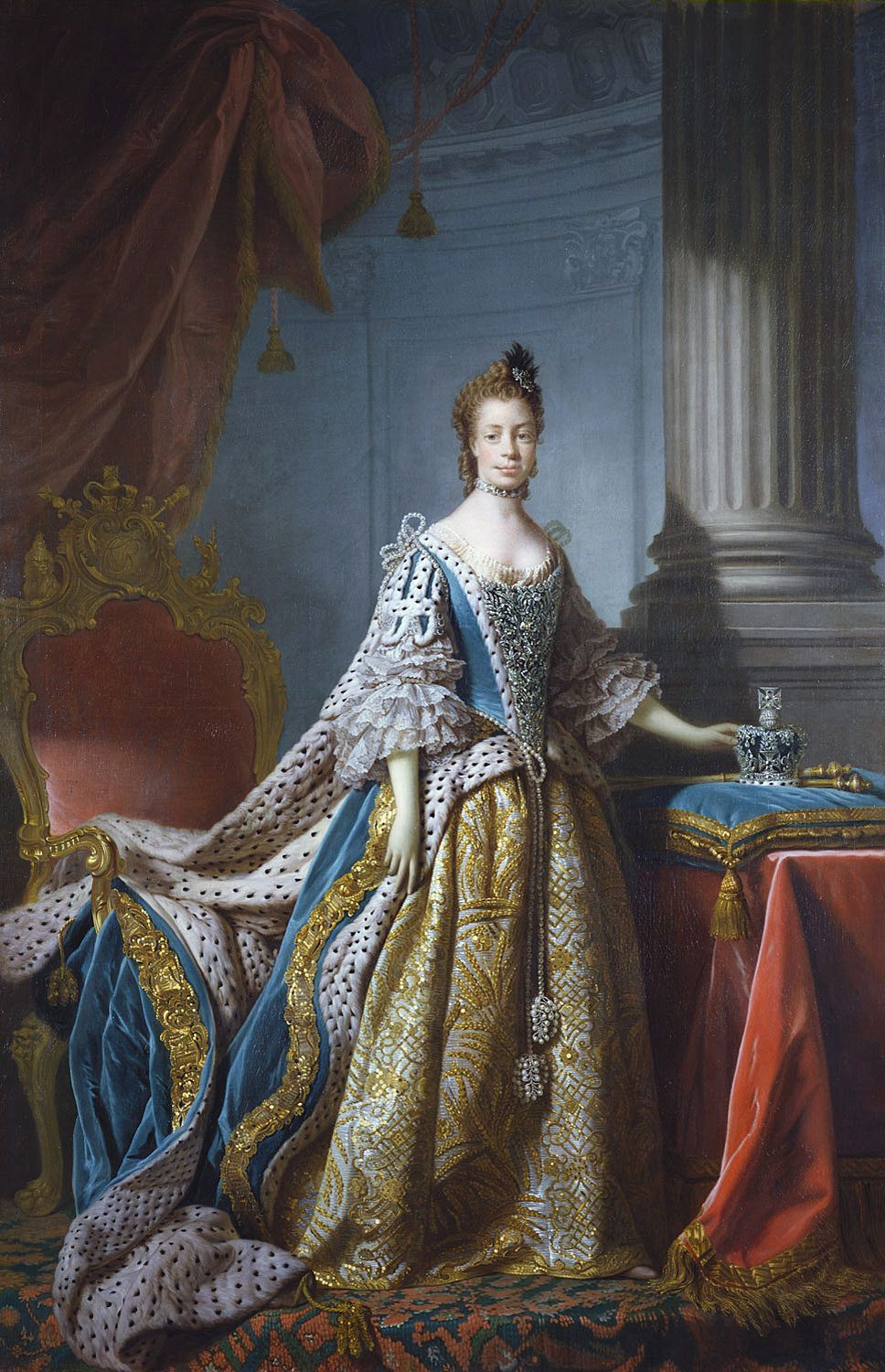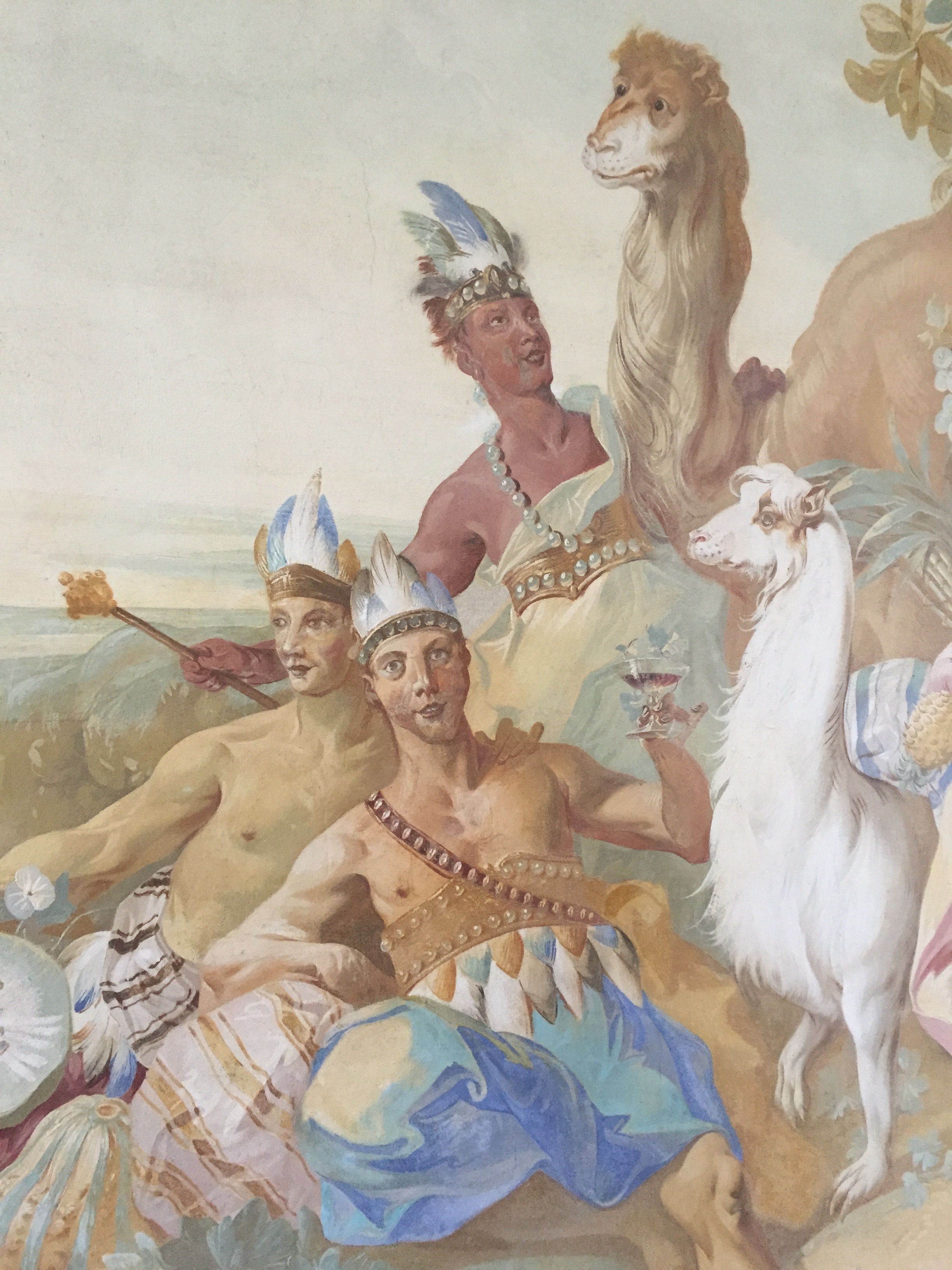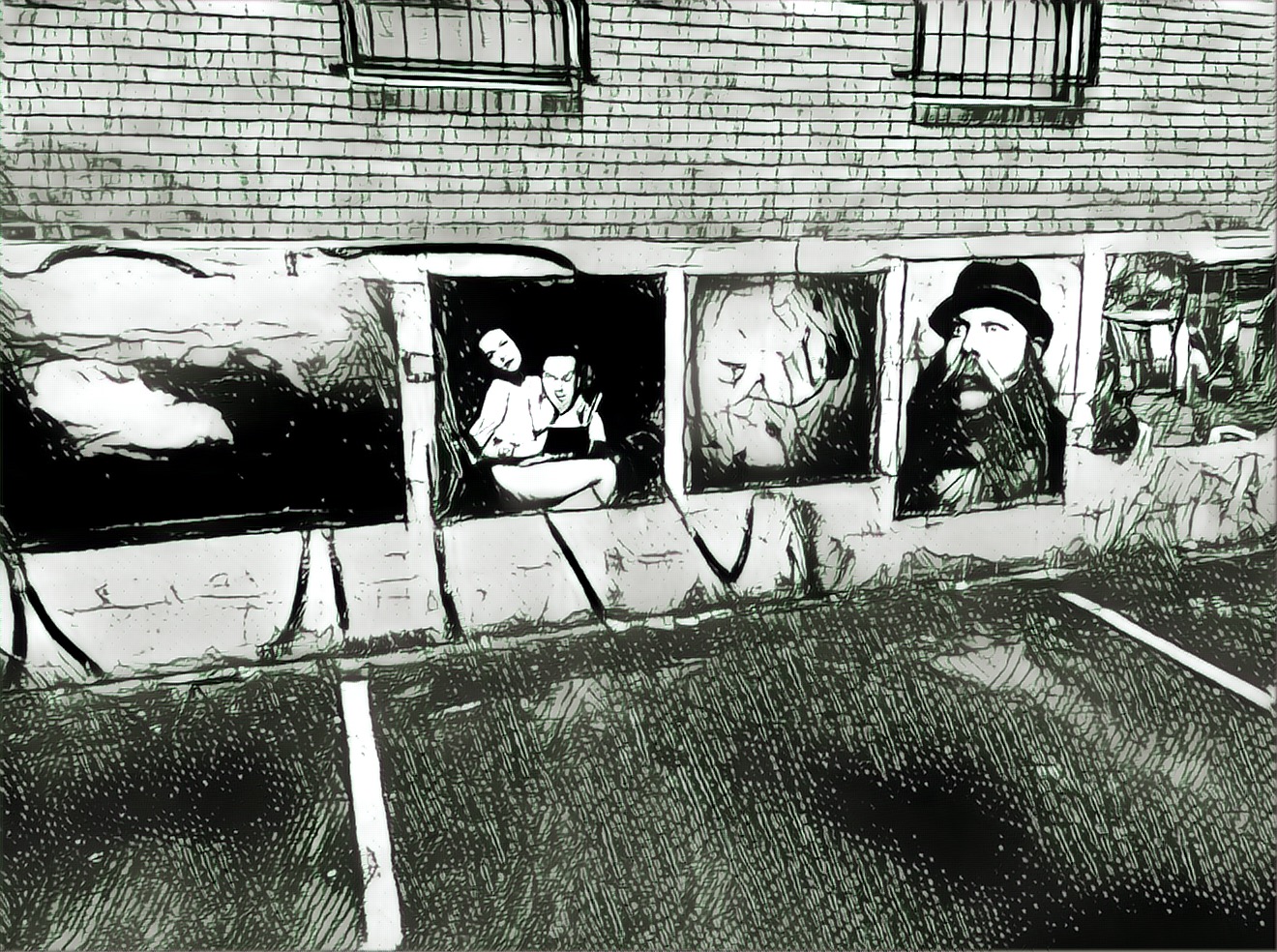The Journal for Cultural and Religious Theory and The New Polis in collaboration with representatives of the University of Denver announces a call for papers and presentations for a set of international and interdisciplinary online mini-conferences on the topic of “The Fracturing of World Order.” JCRT and The New Polis are part of the family of Whitestone Publications. The schedule of mini-conferences, which will […]
Political Theory
Critical Conversations – The Power Of “Political Erasure”, A Seminar With Arthur Bradley (Announcements)
Sign up for this online seminar with distinguished British political philosopher Arthur Bradley on the compelling and most timely issue of “political erasure.“ When? Thursday, March 10, 10:00-12:00 am Mountain Standard Time, 17:00 to 19:00 Greenwich Mean Time, 18:00-20:00 Central European Time Registration Link: https://udenver.zoom.us/meeting/register/tZwkdeGorT4sEtIg_3MrkO0fm6E-vgjtI1Az You must register in advance for this session. Registration is free. Once […]
Announcing “The New Polis” – An E-Publication On Critical Theory, Cultural Analysis, And Political Thought
The directors of The Whitestone Foundation, the Colorado-based 501(c)3 non-profit corporation that has published The Journal for Cultural and Religious Theory since 1999 and its e-supplement Religious Theory since 2016, announces a new companion publication entitled The New Polis. Following the style, format, and general editorial policy and protocols of the JCRT, The New Polis focuses […]
Framing Religious Conflict and Violence – Insights from Historical Institutionalism, Part 2 (Vivek Swaroop Sharma)
The following is the second installment of a two-part series. The first installment can be found here. Religious Conflict and Violence Reframed There are two important qualifications to the following discussion that are required. First, this discussion is not about religious violence per se. Religious violence, as we have seen above, can be a normal […]
Framing Religious Conflict and Violence – Insights from Historical Institutionalism, Part 1 (Vivek Swaroop Sharma)
The following is the first installment of a two-part series. Killing hundreds of people in the name of “cow protection” would, at first glance, appear to be a headline drawn from a Monty Python skit. Instead, it is a political problem of the first order in India. Since the 2014 election of Narendra Modi and […]
The Kingdom, The Power, The Glory, And The Tawdry – Media And The Undoing Of The Demos, Part 3 (Carl Raschke)
This article is the last of three installments. It was originally a paper given at the international conference “The Crisis of Representation” at Melk Conference Center (Stift Melk, Austria) sponsored by the Religion and Transformation in Contemporary Society Platform at the University of Vienna (June 27, 2017). The first installment can be found here, the second one here. It is […]
The Kingdom, The Power, The Glory, And The Tawdry – Media And The Undoing Of The Demos, Part 2 (Carl Raschke)
This article is the second of three installments. It was originally a paper given at the international conference “The Crisis of Representation” at Melk Conference Center (Stift Melk, Austria) sponsored by the Religion and Transformation in Contemporary Society Platform at the University of Vienna (June 27, 2017). The first installment can be found here. The final one will […]
The Kingdom, The Power, The Glory, And The Tawdry – Media And The Undoing Of The Demos, Part 1 (Carl Raschke)
This article appears in three installments. It was originally a paper given at the international conference “The Crisis of Representation” at Melk Conference Center (Stift Melk, Austria) sponsored by the Religion and Transformation in Contemporary Society Platform at the University of Vienna (June 27, 2017). The next two will be published on July 11 and […]
Religious Autonomy As Secularism’s Silent Partner (Darshan Datar)
Scholarship has noted that the genealogical trajectory of a state has consistently had an impact on the evolution of state-church relationships. Philosophers have conceded that historically, as a sociological fact, religion was not purged from the public as much as it gradually lost its relevance to public life. Charles Taylor prolifically referred to this phenomenon […]

